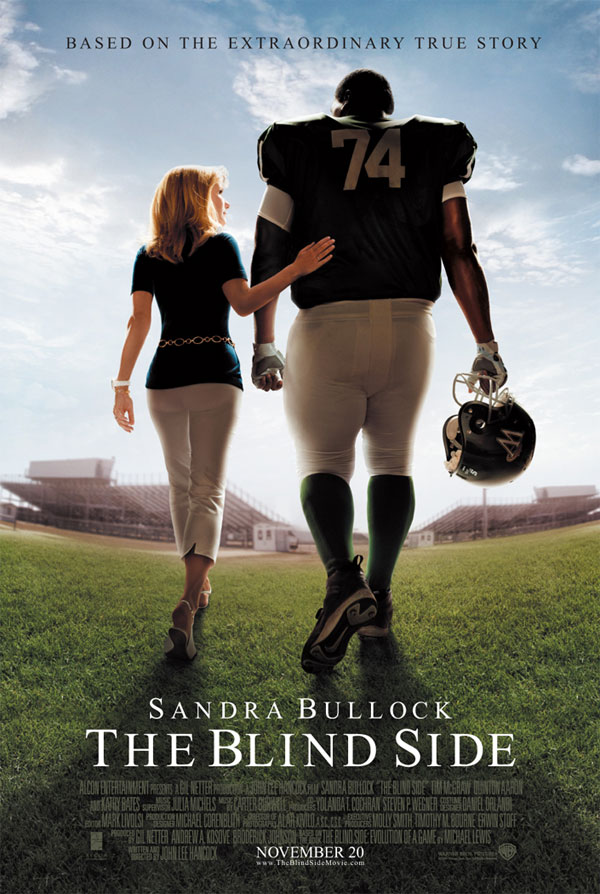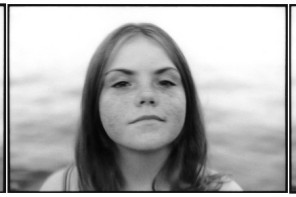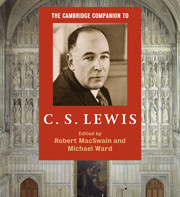 One of the pivotal moments in the 2010 Academy Award Winner Blindside comes in the form of a response to an Alfred Tennyson poem. Blindside is in the fine tradition of the bildungsroman*. In Blindside, Big Mike (Quinton Aaron) has to write a final paper for his English class in order to achieve the required grade to be eligible for a Division I Athletic scholarship. As Michael (the name he prefers to be known by) and his tutor, Miss Sue (played by Kathy Bates), discuss the various works on the reading list, Michael’s surrogate father, Sean (played by Tim McGraw), interjects when Miss Sue passes over Tennyson’s “Charge of the Light Brigade.” Sean emphatically explains that it is for this poem that the Louisiana State University is known as “Death Valley.” He presents an allegorical reading of “Charge of the Light Brigade” wherein the football team does what the coach tells them to do even though they know that they will lose.
One of the pivotal moments in the 2010 Academy Award Winner Blindside comes in the form of a response to an Alfred Tennyson poem. Blindside is in the fine tradition of the bildungsroman*. In Blindside, Big Mike (Quinton Aaron) has to write a final paper for his English class in order to achieve the required grade to be eligible for a Division I Athletic scholarship. As Michael (the name he prefers to be known by) and his tutor, Miss Sue (played by Kathy Bates), discuss the various works on the reading list, Michael’s surrogate father, Sean (played by Tim McGraw), interjects when Miss Sue passes over Tennyson’s “Charge of the Light Brigade.” Sean emphatically explains that it is for this poem that the Louisiana State University is known as “Death Valley.” He presents an allegorical reading of “Charge of the Light Brigade” wherein the football team does what the coach tells them to do even though they know that they will lose.
Here is the clip of the scene – unfortunately embedding has been disabled and I wasn’t able to insert it here in the post. I have also posted an edition of the poem over at Goannatree if you’d like to read the poem in its entirety.
I wondered about how the poem was used in the movie, both as an important plot device, but also in the (re)reading of Tennyson offered by both Sean and Mike in the film. It’s a nice story – even if it is a complete fantasy.
Lord Alfred Tennyson (1809-1892) wrote “Charge of the Light Brigade” to memorialize a suicidal charge by light cavalry over open terrain by British forces in the Battle of Balaclava (Ukraine) in the Crimean War (1854-56). 247 men of the 637 in the charge were killed or wounded. Britain entered the war, which was fought by Russia against Turkey, Britain and France, because Russia sought to control the Dardanelles. Russian control of the Dardanelles threatened British sea routes. The Crimean war is best known today because of Florence Nightingale, who trained and led nurses aiding the wounded during the war in a manner innovative for those times. The Crimean War was also noteworthy as an early example of the work of modern war correspondents.
Poetic license is within the hands of the artist and the scene is wonderfully done – it begins the final stage of Michael’s journey but as the audience realizes (if they didn’t already know) that this is based on a true story and art begins to meld into life with scenes from the real Michael Oher’s NFL draft day and photos from the family album. One reviewer Chris Humphrey’ put it this way: “They remind us that Blind Side is not only based on a true story, it is a true story”. But, this isn’t a documentary.
Louisiana State University (LSU) does have a stadium known as Death Valley – it’s also known as Tiger Stadium. The original nickname for the stadium was actually Deaf Valley distinguishing it from Clemson University’s Memorial Stadium (which has been known as Death Valley for much longer), due to its high level of cheering during games, but over the years this was misunderstood for “Death Valley” – an error of auditory repetition. It’s a nice romantic story that Tennyson or his poem had anything to do with it.
This post is about the use of the poem though and not so much the relationship between art and life and imitation and dramatic performance. Each time I watch the Tennyson scene, I wonder about integrity and the arts. I wonder about rewriting history of the arts and of the world through the arts. This rewriting could be for comic or artistic effect and not because of any propagandist intent (I think Inglorious Bastards can also be placed in this category) – it makes me wonder about how quickly it will be that “The Charge of the Light Brigade” will enter folklore as the definitive origin for the name of the stadium – not from the point of view of the University of Tennessee but as the way and reason and true meaning of the poem from Tennyson’s point of view. How do we deal with the way the movie seems to infer that the author had an intent in mind that he simply could not have had? How do we conceive of the place of imagination in the “poetry in film” type of ekphrasis that we see here in Blindside? Finally how do we think through and explore virtues like honor and courage and its application in physical endeavour (sport) in the context of reading this poem as used in this film which also serves as one aspect of a theology of benevolence?
*Bildungsroman is a German term roughly used to describe the concept of a coming of age story and the adventures, maturation, and relationships of the young lead character (you can see why bildungsroman is used as short hand)






Great, great food for thought Anna. Superb questions. I’d love to respond, but I’ll wait to see what others have to say.
Noone’s taken the bait Dayton, so go ahead!